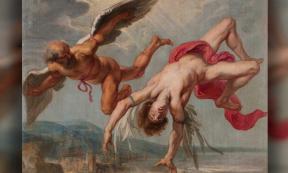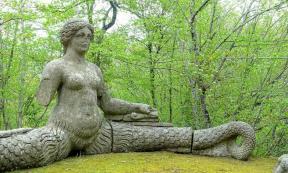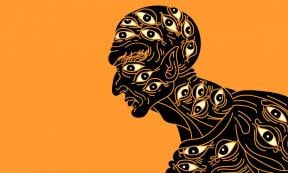Greek Mythology
As Greek mythology goes, the universe was once a big soup of nothingness. Then, two things happened: either Chaos or Gaia created the universe as we know it, or Ouranos and Tethys gave birth to the first beings. From there, the Titans were born, as well as the Olympians who eventually overthrew them. The gods then created humans, and all sorts of epic adventures ensued. Greek mythology is filled with all kinds of stories about love, betrayal, murder, war, and more.
If you're looking to learn more about Greek mythology, you've come to the right place. This guide will introduce you to some of the most famous Greek myths, as well as the gods and goddesses who populated them.






































